Europäische Kleidermode (1450–1950)
Dieser Artikel thematisiert Mode als Transferleistung in europaweiten gesellschaftlichen Prozessen zwischen 1450 und 1950, so in der Körper- und Geschlechtergeschichte des Mittelalters, der westeuropäischen Identitätsbildung (16. Jahrhundert), der Herausbildung des vestimentären Codes aristokratischer Eliten, dann bürgerlicher Mittelschichten insbesondere im 17. und 18. Jahrhundert und in der Theatralisierung des Lebens im höfischen Festwesen. Dank der Vormachtstellung der bürgerlichen Schichten seit Ende des 18. Jahrhunderts wird die bürgerliche Mode normgebend für alle Schichten und Gruppen. Mit der Betonung von Funktionalität und körperlicher Beweglichkeit trägt sie zur Modernisierung des Körperbildes bei und schafft und verstärkt gleichzeitig Stratifikationsmodelle in Bezug auf Geschlecht, Konsum und gesellschaftliche Distinktion. In Europa oszillierte Mode seit dem Mittelalter zwischen dem Eigenen und dem Fremden, zwischen der Heterogenität der Städte, Regionen und Nationen, einer europäischen Identitätsbildung und der Abgrenzung vom nicht-europäischen Anderen.
Mode im 16. Jahrhundert Die Tudors und das Elisabethanische Zeitalter
Die Tudors und das Elisabethanisch Zeitalter - Mode im 16. Jahrhundert. Kleidung, Handschuhe, Accessoires und Schnittmuster!
SonettGrundtypen
teachSam-Arbeitsbereich Lyrik
Shakespeare "doth bestride the narrow world" of the English Renaissance "like a colossus," leaving his contemporaries "walk under his large legs and peep about" to find themselves in "dishonourable graves." This course aims in part to correct this grave injustice by surveying the extraordinary output of playwrights whose names have largely been eclipsed by their more luminous compatriot: Marlowe, Jonson, Webster, and Ford, among others. Reading Shakespeare as just one of a group of practitioners -- many of whom were more popular than him during and even after his remarkable career -- will restore, I hope, a sense not just of the richness of English Renaissance drama, but also that of the historical and cultural moment of the English Renaissance itself. This course will examine the relationship between theatre and society through the lens of the drama produced in response to these changes. However, we will not try to map the progress of drama directly onto the social world, as if the former can simply read off the latter. Rather, focusing on discrete issues and problems, we will try to understand the ways in which a particular text not only reflects but responds to and shapes aspects of the culture from which it derives, developing an aesthetic that actively engages its world. The topics addressed over the course of the semester will be wide-ranging but will include: gender and class dynamics in Renaissance society; money, trade, and colonialism; the body as metaphor and theatrical "object"; allegory and aesthetic form; theatricality and meta-theatricality; the private and the public.

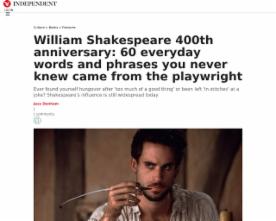

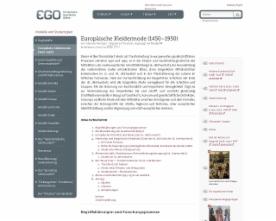
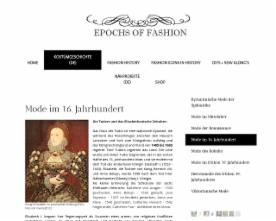
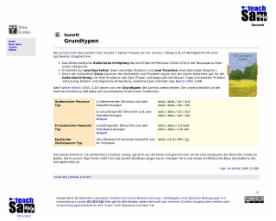
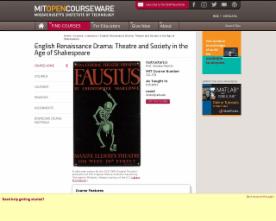
William Shakespeare 400th anniversary: 60 everyday words and phrases you never knew came from the playwright
23 April 2016: the day that marks 400 years since the death of playwright William Shakespeare. The Bard’s legacy is still strongly felt around the world, with his influence upon the English language showing little sign of relenting.